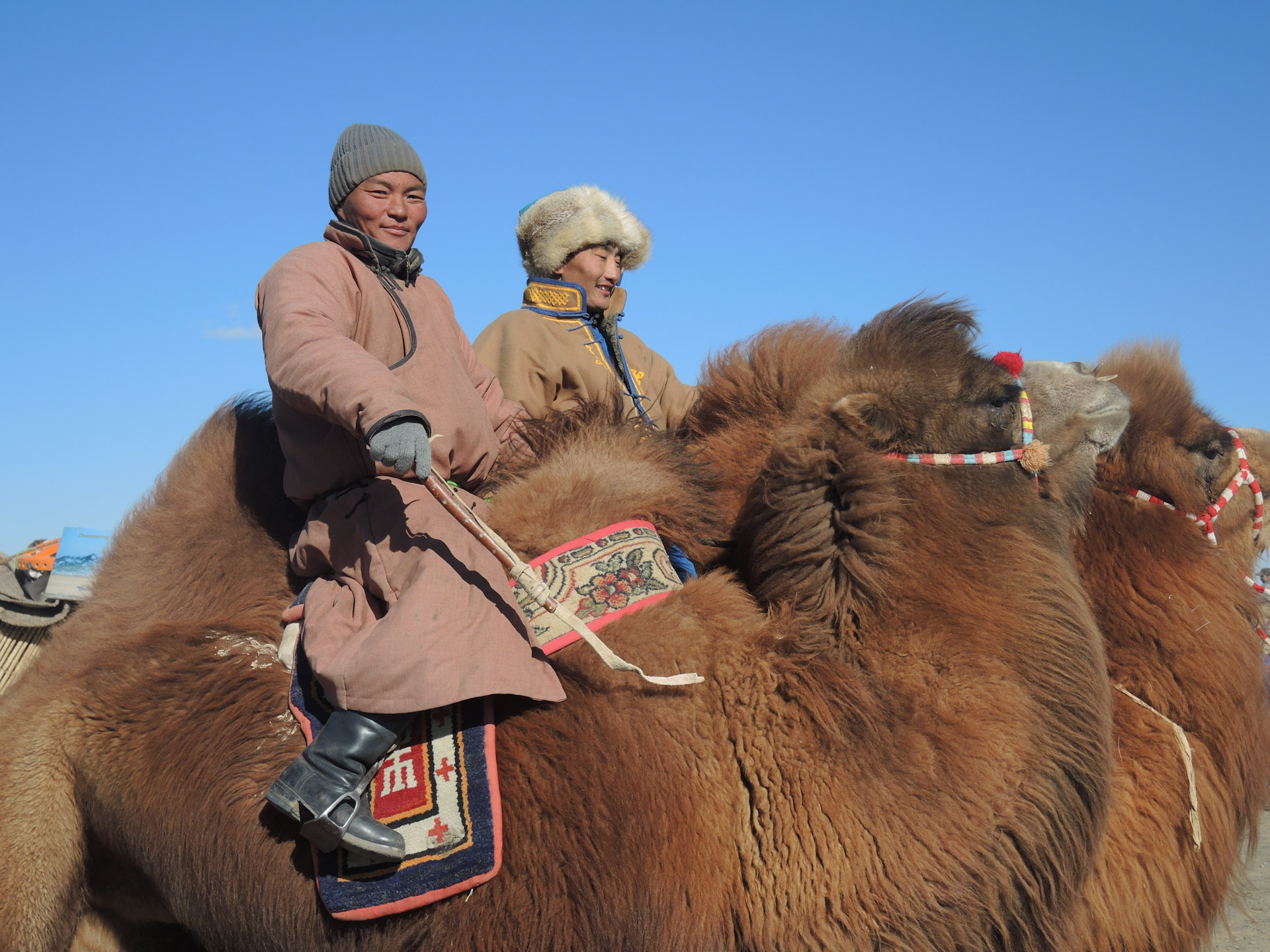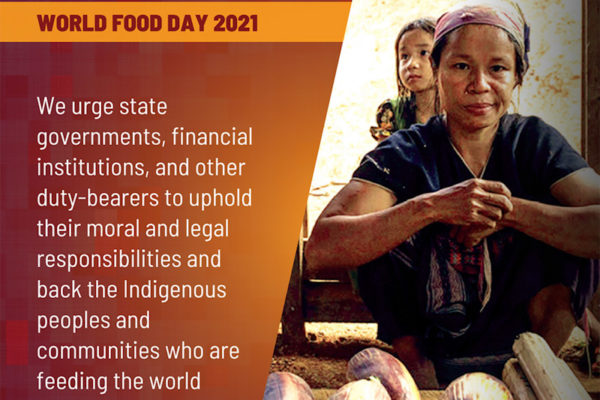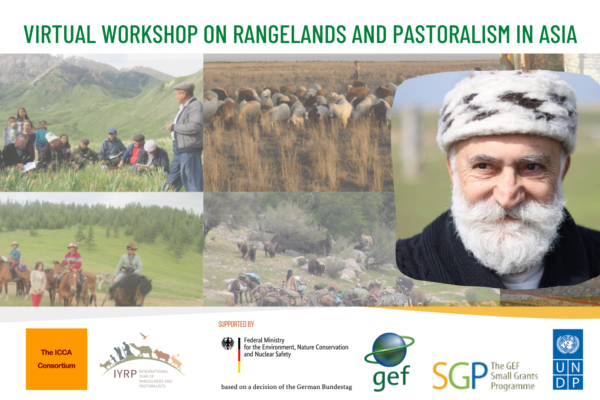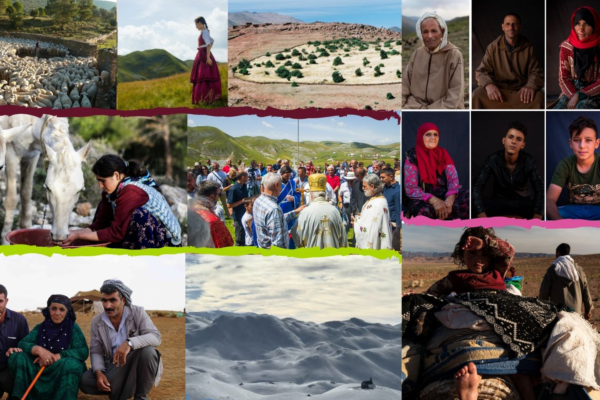The ICCA Consortium applauds this declaration and calls for a groundswell of support for nomadic peoples and pastoralists worldwide who are sustaining their rangelands, territories and ways of life
First published on 04/30/2022, and last updated on 09/25/2023
By Dr. Hijaba Ykhanbai (Honorary member), and Holly Jonas (Global Coordinator)
On 15 March 2022, the United Nations General Assembly (UNGA) in New York unanimously declared 2026 the International Year of Rangelands and Pastoralists (IYRP). This final approval was the culmination of a multi-year effort championed by the Government of Mongolia that now has the backing of more than 100 state governments and more than 300 pastoralist and supporting organisations, including the ICCA Consortium.
Short video (02:31) produced in support of the Government of Mongolia’s proposal for an International Year of Rangelands and Pastoralists. Courtesy: IYRP
The ICCA Consortium applauds the UNGA decision and calls for a groundswell of support for nomadic peoples and pastoralists worldwide who are sustaining their rangelands, territories and ways of life. As an association with its very origins rooted in advocating for recognition of pastoralists’ rights, territories and contributions to a healthy planet, the ICCA Consortium will continue to stand firmly with our Members and other Indigenous Peoples and local communities and organisations – from Chile to Montenegro, Tanzania to India, Iran to Siberia, and more.
Rangelands and pastoralism are essential for millions of people worldwide, providing or contributing to livelihoods, food security and cultural identity. Rangelands cover around half of the Earth’s land surface. As these are often among the harshest environments, many pastoral communities have adopted a seasonal migration lifestyle in their ancestral territories in order to increase their resilience to natural challenges and simultaneously sustain natural resources.
For example, in Central Asia and Mongolia, a region undergoing rapid socio-economic change, herder communities have been evolving and introducing more innovative approaches to community-based participatory pasture and natural resources management. This includes promoting policy and legal reform, using traditional knowledge to monitor pasture degradation and introducing new pasture management methods and concepts.
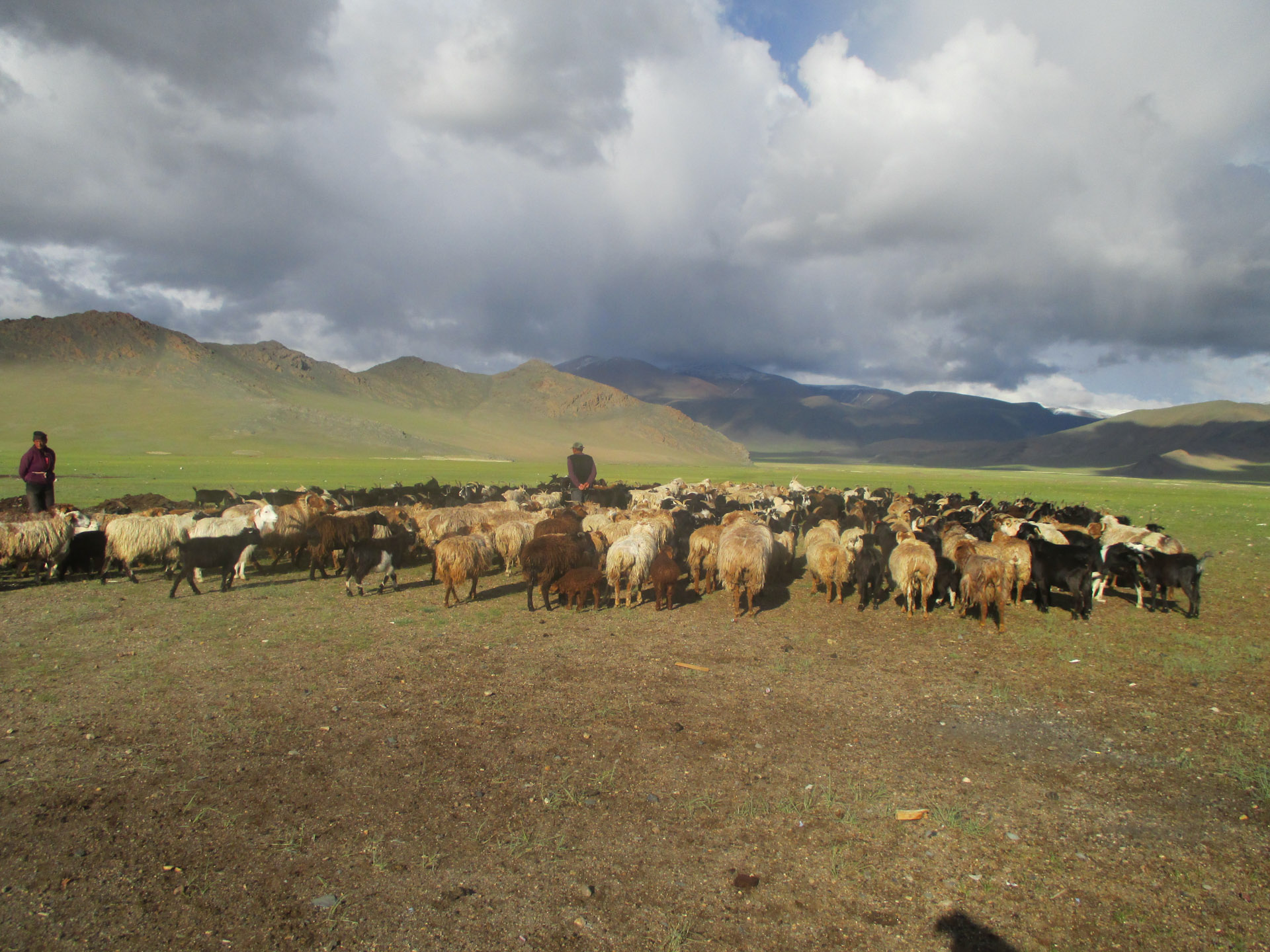
In West Asia, nomadic pastoralists have always played a key role in the region’s socio-political history, food production and nature conservation. Pastoralist communities have established an adaptive system of mobility and migration (mostly seasonally) within their territories, which are the backbones of their identity. As the late Dr Taghi Farvar said, migratory practices of nomadic peoples are almost always de facto nature conservation strategies.
Pastoralists’ territories of life are manifestations of the intertwined relationships between humans and nature in the form of socio-ecological systems adapted and resilient to ecological, economic and social constraints. Generation by generation, pastoral nomads have learned how to live in uncertain climate situations. In their territories of life, a wide variety of governance systems manage and conserve natural resources such as water, soil and biodiversity. Especially in the context of climate breakdown and environmental challenges, these systems can be a treasure trove of valuable experiences and technologies to provide a variety of services on a sustainable basis.
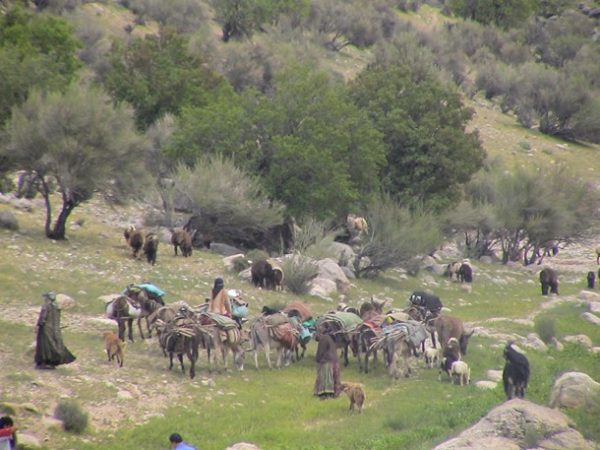
The ICCA Consortium welcomes the declaration of the IYRP and calls for diverse initiatives and activities to raise awareness, fill gaps in global knowledge about the considerable benefits of healthy rangelands and sustainable pastoralism and recognition of pastoralists’ territories of life, and support custodians of rangeland territories of life to realise their self-determined priorities with dignity and pride. Indigenous and local pastoral communities are custodians of the environment and development at the local level and their customary governance systems are essential to ensuring sustainable use of rangelands. Pastoralists, especially nomadic pastoralists, have remarkable knowledge and experiences living in harmony with nature in non-equilibrium ecosystems. They are the true experts on adaptation and resilience to uncertain climate situations. Recognising, respecting and supporting their self-governance institutions for their territories of life is an effective and urgently needed way to revitalise our interconnectedness with nature.
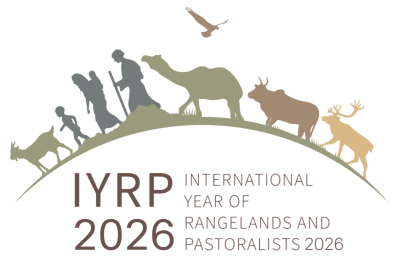
To build momentum towards the IYRP in 2026, the ICCA Consortium invites Members, Honorary members and partners to collaboratively develop and share information about initiatives and activities that support pastoralists and territories of life in rangeland systems. Let us know what you plan to carry out or would like to participate in, both before and during the IYRP, what voluntary actions you could contribute, and what other resources are needed to support and strengthen the conservation and sustainable use of Indigenous Peoples’ and local communities’ rangelands and territories of life.
Contacts
Sutej Hugu (Regional Coordinator, East and North Asia)
Md. Arju (Communications Coordinator)
